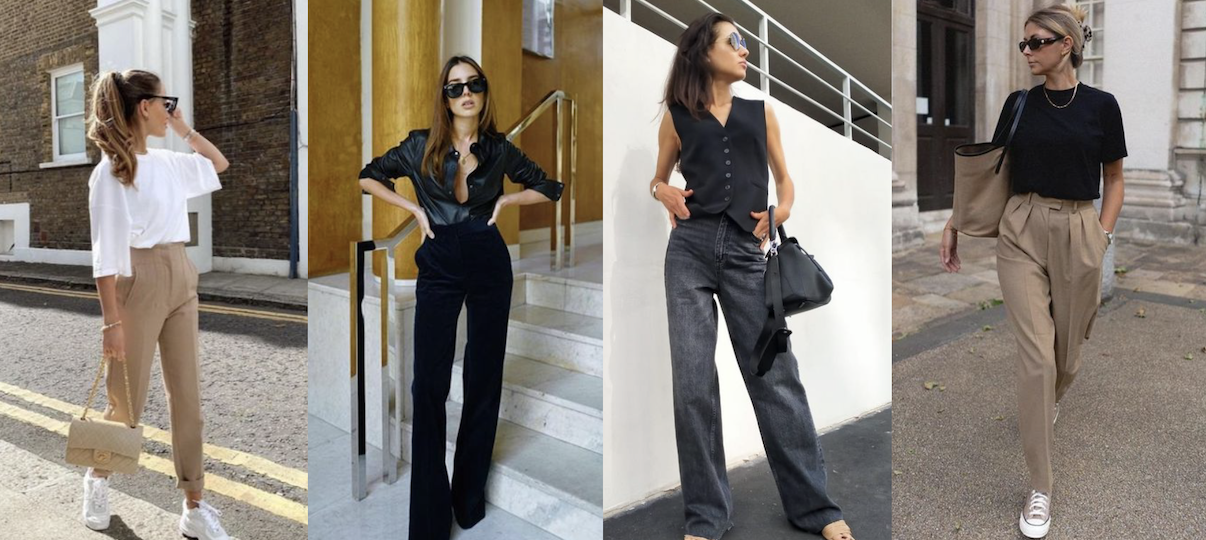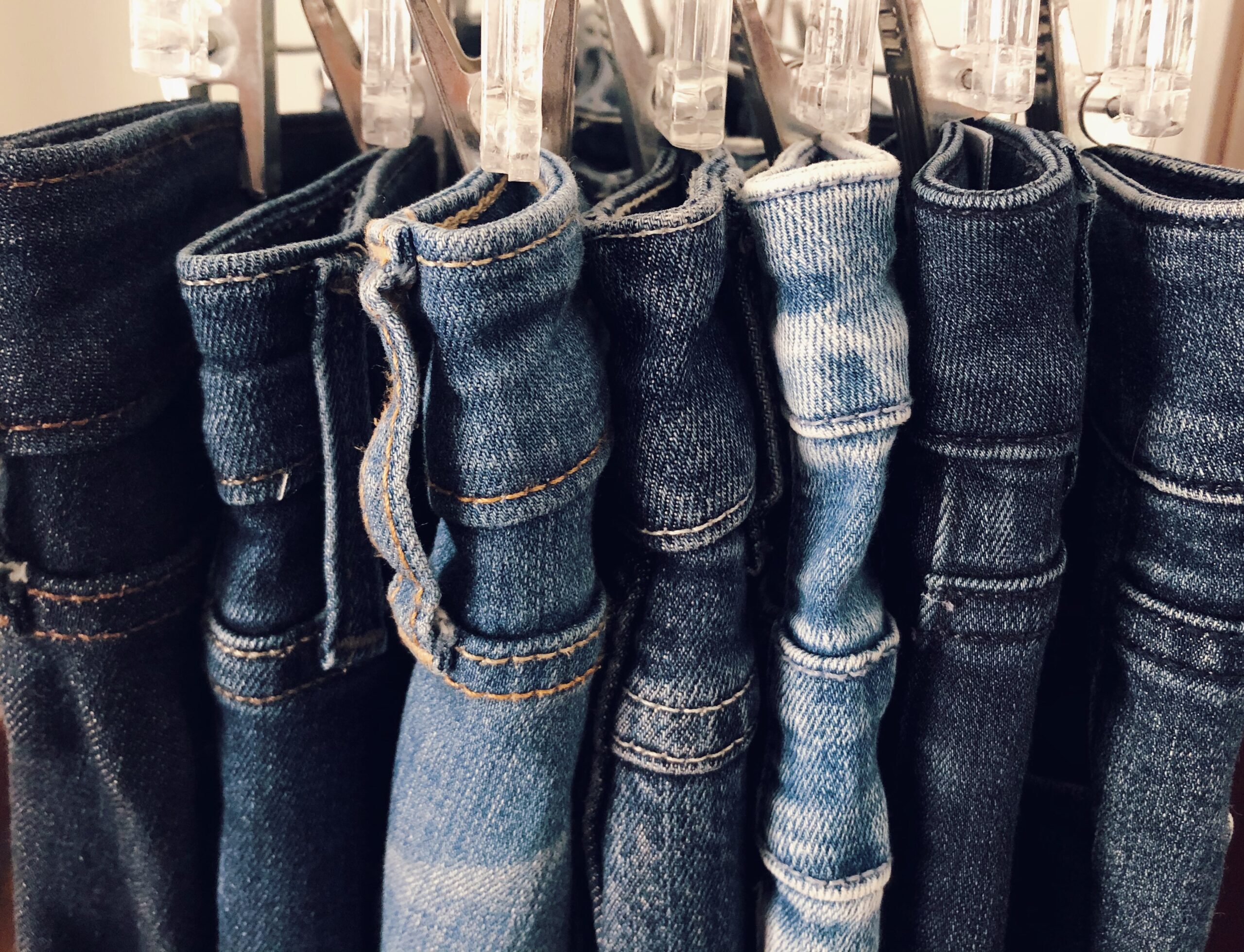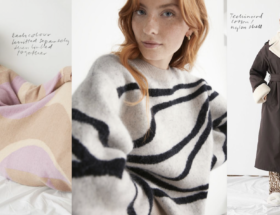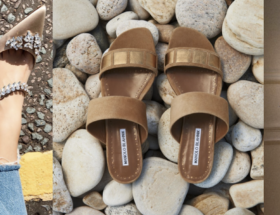Recently, I have thought a lot about women’s workwear and the future of women’s workwear. I came across a woman on Tik Tok who appears to be in her early 30s and reviews fashion brands’ promotional activities. She recently reviewed popular fashion brands’ workwear edits. The main point she made was that popular fashion brands such as Revolve and Reformation curate workwear edits with ridiculous clothing that no one would actually be able to wear in a work environment. She calls out mini skirts and cropped blazers as not acceptable to wear in a work environment. At first, I completely agreed with what she was saying, but then I dove deeper into this topic and think there is something to unpack here. This blog post will be exploring the future of women’s workwear.
A New Workforce
COVID-19 disrupted workwear as we knew it. After the pandemic, there was a general move toward more casual officewear and fewer days spent in the office. After the pandemic, a new generation of people entered the workforce. Gen Z and young millennials are graduating from university, entering the workforce, and purchasing workwear all in a new, post-COVID-19 environment. Young millennials and Gen Z grew up wearing fast fashion and popular fashion brands and are now entering a workforce with a casual dress code. If there is no need to purchase business professional clothing then there is no need to seek out stores that specifically specialise in workwear. Gen Z and young millennial workers can find everything they need for workwear at their usual fashion shops and fast fashion shops are now catering to young workers with ‘wear-to-work’ edits. So where does this leave fashion brands that are traditionally known for workwear? Will this be the end of brands that solely sell workwear or will they adapt to become general fashion stores, and who will be their target customers?
Young, trendy brands such as Reformation, Revolve, Mango, and & Other Stories all have workwear edits on their websites. These brands target young millennials and Gen Z consumers so maybe the future of workwear will be seen in popular fashion brands that offer causal work options. More traditional workwear brands such as Banana Republic, Jigsaw, or Reiss that traditionally target women entering the workforce are offering leisurewear pieces and are no longer highlighting their workwear product categories. Older consumers in the workforce already have formal workwear and do not need to shop at traditional workwear stores. Perhaps the future of workwear lies in trendy fashion brands. Can traditional brands that focus solely on workwear survive?
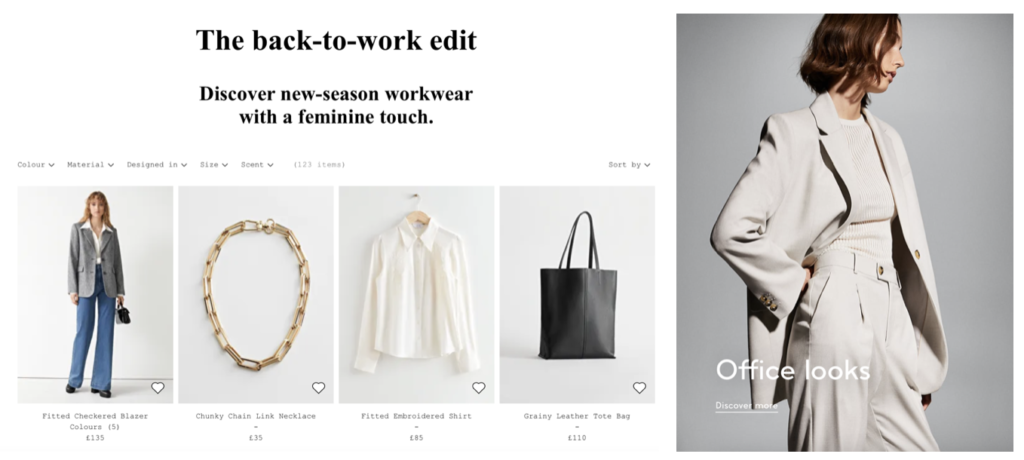
Pictured above is & Other Stories ‘Back-to-Work’ edit and Mango’s ‘Office looks’ edit.
New Trends
Another strike against the traditional women’s workwear fashion stores is the constant need for newness and new trends. Traditionally workwear is quite timeless and classic which does not mesh well with Gen Z’s constant need for newness. Sometimes trends fit the workwear product category, but even then traditional workwear brands are never mentioned and never quite match their product offerings with the trends. A trend that fits with the workwear product categories was the oversized blazer look. People loved the oversized blazer and everyone was talking about Revolve or Zara. No one mentioned Banana Republic which and Banana Republic does not even offer an ‘oversized blazer’ on their website. Below are some images of the oversized blazer trend. I believe this will continue to be a popular trend this autumn.
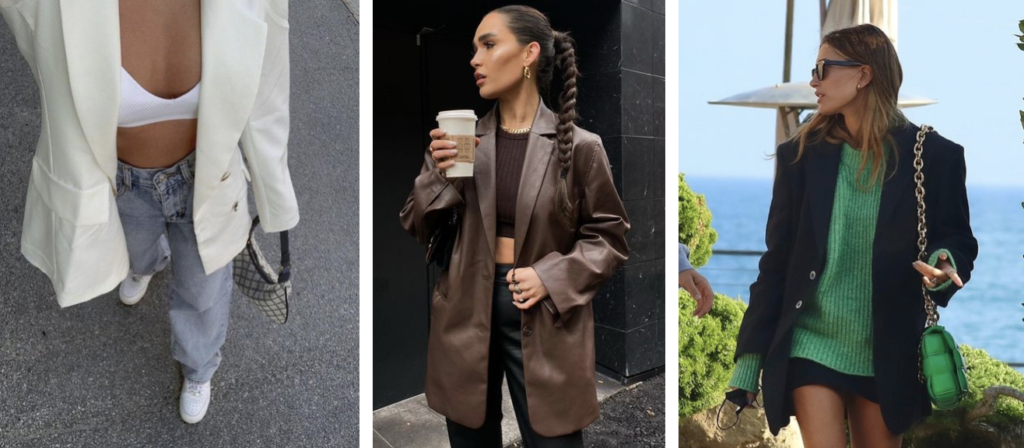
So, does the future of women’s workwear lie with the trendy, fast fashion brands or can traditional workwear brands make a comeback or are they switching their product mix for good?
XO, Alicia
